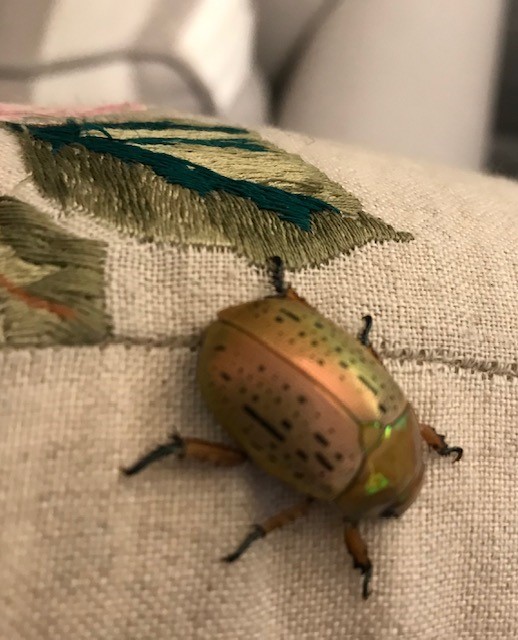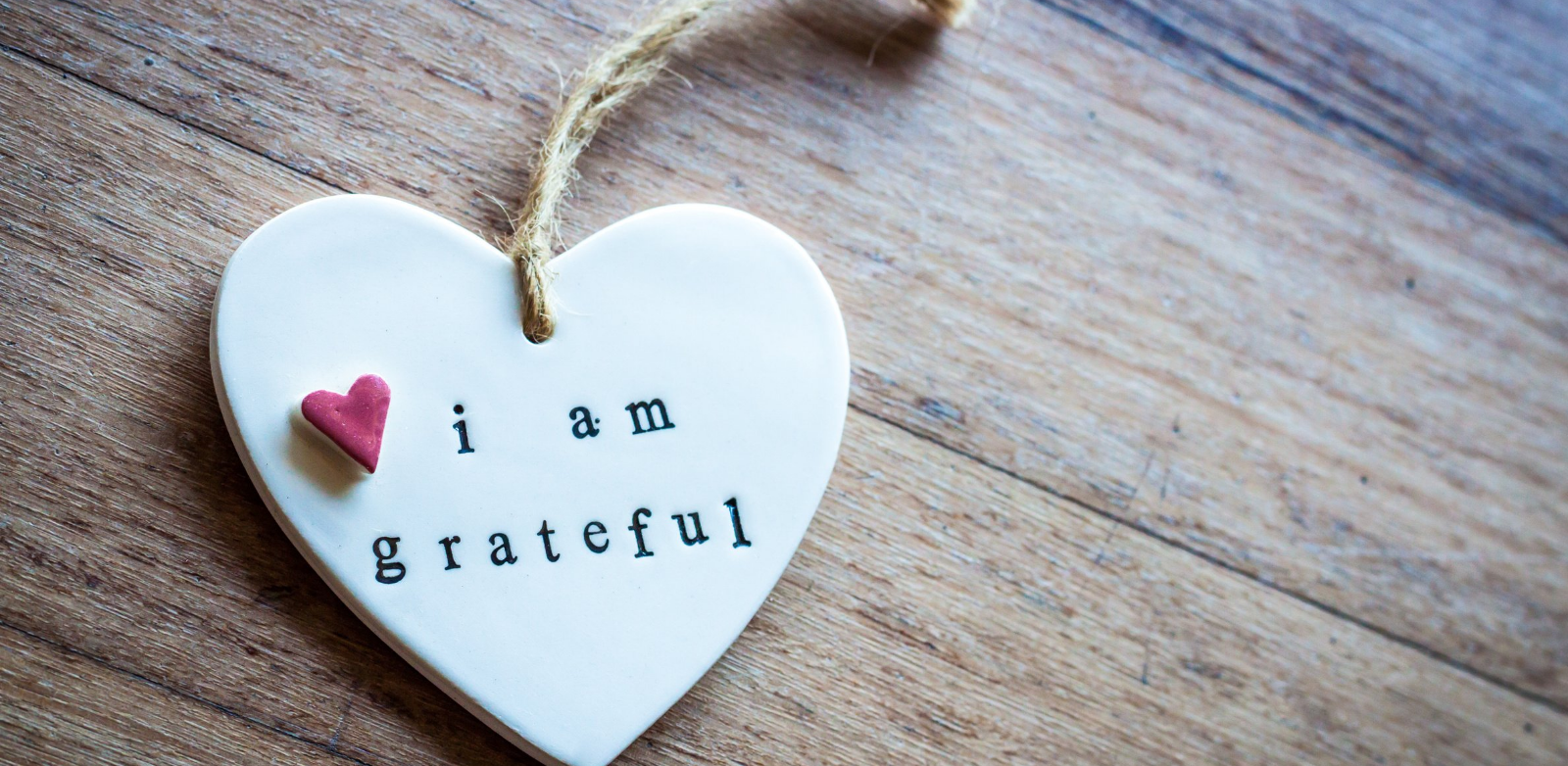At this time of year when our focus is on buying Christmas gifts, there is one special gift we would do well not to overlook, and that is – the gift of gratitude. This is an incredibly powerful gift that is available to all of us all the time, but it is often overlooked.
The Neuroscience
When we talk about ‘practising an attitude of gratitude’ we may not realise how accurate this statement is. There is a saying that our brain is ‘like Velcro to the negatives and like Teflon to the positives’. Neuroscience has discovered that our brain is 5 times more likely to notice negatives than positives.
This bias to the negative is an important mechanism to help keep us safe, but, it can also blind us to seeing and appreciating the positives in life. Being grateful requires us to first notice, and then to savour, the positives in our daily experiences and we need to practise this to help it become a habit. It takes a little time to master the skill and retrain our brain, but it is well worth the effort.
Proven Benefits of Gratitude
Research is showing that developing an attitude of gratitude is one of the simplest and most powerful things we can do to increase our satisfaction with life. Not only is gratitude the key to psychological well-being, but it has also been proven to –
• improve the quality and duration of our sleep
• make us more optimistic
• enhance our empathy and social relationships
• increase our sense of self-esteem
• reduce our tendency for envy and resentment
• facilitate positive emotions
• be more patient
These are all positive and life enhancing emotions that we need at any time during the year, but they may be even more necessary during the festive season. Family and workplace gatherings often test our patience and put us into situations where we are exposed to people who press our ‘hot buttons’ and trigger negative emotions.
Gratitude can help us manage difficult emotions more effectively. Feelings of gratitude flood our brains with the chemical dopamine and when we are truly grateful for something (or someone) our brains reward us by giving us a natural high. When we feel grateful, we might be better at coping with stressful, negative, and frustrating situations. So how can we use gratitude to help us live a more fulfilling and happier life and develop our capacity for navigating the challenges that life throws at us?
Scanning for the Good
We can use the time from now until Christmas (and beyond) to train our brain to scan for the positives. It is the process of actively scanning all our experiences and finding the positives that builds our capability to notice them and then to savour them. One participant in our Gamechanger workshop started asking her children at dinner to recount 1 thing that went well today. When they started listing negatives (as our brain is set up to do) she stopped them and told them that this was not the place for negatives. After a couple of weeks of this daily practice when she asked ‘what is 1 thing that went well today’, the answer she got was ‘oh there were so many, it is hard to choose one!’
Practising Gratitude
We can take specific action to ‘practise an attitude of gratitude’ and here are 3 simple ways to do this –
Take Photographs
In a TED talk by Hailey Bartholomew she explains that practising gratitude helped her with depression and in her 365 Grateful project she took a photograph everyday of something she was grateful for. It changed her life.
Here is a photo a friend took today of a Christmas beetle – how amazing is nature!

3 Things
Write down 3 things you are grateful for every night before you go to bed and why you are grateful for them.
I used this activity myself when I was going through a particularly bad relationship break up and after a week or so, I could feel the difference. At first it was hard to see the positives, but I was soon sleeping better and it became very natural for me to notice and be grateful for the positive things in my life.
Regular gratitude journaling has been shown to result in 5% to 15% increases in optimism (Amin, 2014), meaning that the more we think about what we are grateful for, the more we find to be grateful for!
Gratitude Jar
After dinner when you are with other people, ask each person to take their turn to write something they are grateful for on a slip of paper and put it into the jar. Then when the jar gets full, use the opportunity to go through the jar and read the slips of paper aloud and guess who wrote what.
Give Yourself the Gift of Gratitude
By practising gratitude on a daily basis, we can start to live gratefully and appreciate life to its fullest at all times. My wish for you is that you will give yourself access to this powerful gift this Christmas and watch the magic happen.
 To initiate neuroscience based training for you or your team, start a conversation with Anne on 0417 231 494 or email anne@rtpeople.com.au
To initiate neuroscience based training for you or your team, start a conversation with Anne on 0417 231 494 or email anne@rtpeople.com.au

